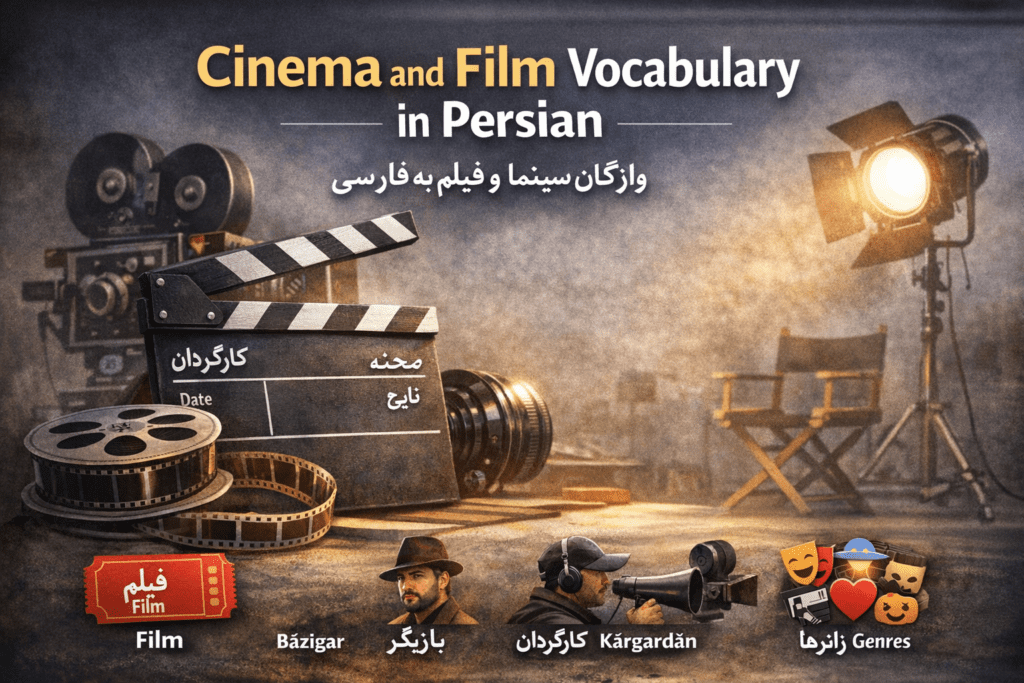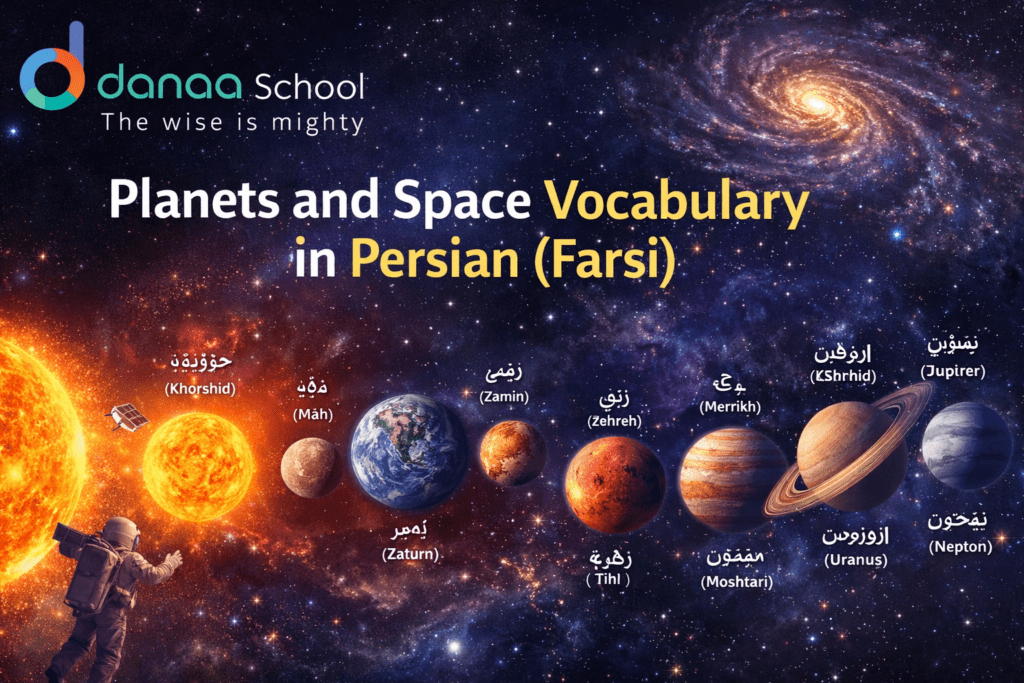Hey there, parents! Ever wondered why teaching children Farsi can be beneficial? Well, you’re in for a treat. Raising bilingual kids isn’t just about adding a few words to their vocabulary; it’s a powerful tool that can shape their minds and futures in ways you might not have imagined.
From boosting their cognitive skills to fostering cultural appreciation, learning Farsi can be a game-changer. Let’s explore why embracing this beautiful language could be one of the best decisions you make for your kids.
1. Cognitive Benefits: Sharpening the Mind
Teaching your children Farsi can significantly boost their cognitive development. Studies have shown that bilingual children often have better problem-solving skills, enhanced memory, and greater multitasking abilities. When kids learn Farsi, they memorize new words and engage in a complex mental exercise that improves their brain functions.
– Enhanced Executive Functioning: Bilingual kids often show better executive functions, including planning, focusing attention, and juggling multiple tasks effectively.
– Better Problem-Solving Skills: Learning a second language helps children think more creatively and approach problems from different angles.
– Improved Memory: Bilingual children tend to have stronger working memories, which can aid in learning other subjects as well.
Imagine your child learning to switch between Farsi and English while describing their day. This constant mental juggling enhances their ability to handle complex tasks and improves overall cognitive flexibility.
2. Cultural Awareness: Embracing Heritage and Diversity
Farsi is more than just a language; it’s a gateway to a rich cultural heritage. Teaching your children Farsi helps them connect with their roots and appreciate the customs and traditions that come with it. This cultural awareness can foster a sense of pride and identity in children, helping them understand where they come from and appreciate their unique background.
– Connection to Heritage: Learning Farsi allows children to communicate with family members and understand cultural practices better.
– Appreciation for Diversity: Exposure to a different language and culture helps kids appreciate diversity and become more open-minded.
Consider family gatherings where your child can engage in conversations with grandparents in Farsi, deepening their bond and understanding of their heritage.
3. Social Benefits: Building Bridges
Bilingualism in Farsi can enhance your child’s social skills and open doors to new friendships and communities. Speaking Farsi allows kids to communicate with a wider range of people, including those in their extended family or local community who share the language. It also helps them develop empathy and better social understanding.
– Better Communication Skills: Bilingual children often become better communicators as they learn to express ideas in multiple languages.
– Increased Empathy: Understanding and speaking another language can make children more empathetic toward others, as they gain insight into different perspectives.
Your child might meet another Farsi-speaking friend at school or in the neighborhood, allowing them to form bonds over shared language and cultural experiences.
4. Academic Advantages: Setting the Stage for Success
Learning Farsi can provide academic benefits that extend beyond language arts. Bilingual children often perform better in other subjects, such as math and science, due to their enhanced cognitive abilities and problem-solving skills. Additionally, they may find it easier to pick up other languages in the future, giving them an academic edge.
– Higher Academic Achievement: Research indicates that bilingual children often outperform their monolingual peers in various academic areas.
– Ease in Learning Additional Languages: Once a child has learned a second language, picking up a third or fourth becomes much easier.
If your child excels in learning Farsi, they may find it less challenging to learn Spanish or French in high school, broadening their language skills and academic opportunities.
5. Career Opportunities: Future-Proofing Your Child
Being bilingual can open up numerous career opportunities in today’s globalized world. Proficiency in Farsi can be particularly valuable in international business, diplomacy, and cultural exchange. By teaching your children Farsi, you’re equipping them with a unique skill set that can differentiate them in the job market and offer them a competitive edge.
– Global Career Prospects: Knowledge of Farsi can be an asset in international relations, business, and translation services.
– Unique Skill Set: Bilingual individuals often have better job prospects due to their ability to communicate across cultures.
Imagine your child pursuing a career in international business, where their Farsi skills allow them to navigate markets in Persian-speaking countries effectively.
FAQs
At what age should I start teaching my child Farsi?
The earlier, the better! Young children learn languages more naturally, but it’s never too late to start.
How can I make learning Farsi fun for my child?
Incorporate games, music, and storytelling in Farsi. Use apps and language learning resources designed for kids.
Will learning Farsi affect my child's ability to learn English?
Not at all. Bilingualism can enhance language skills overall and improve proficiency in both languages.
Conclusion
So, why teaching children Farsi can be beneficial? As it is explained above, learning Farsi is more than just passing on a language; it’s about enriching their cognitive abilities, connecting them with their heritage, and equipping them with skills for the future. Whether starting this journey with a few words at a time or diving deep into Farsi literature, remember that every step you take is towards a brighter, more connected future for your child.
So, go ahead and start this bilingual adventure with your kids. You’ll be amazed at the doors it opens and the worlds it brings closer!









